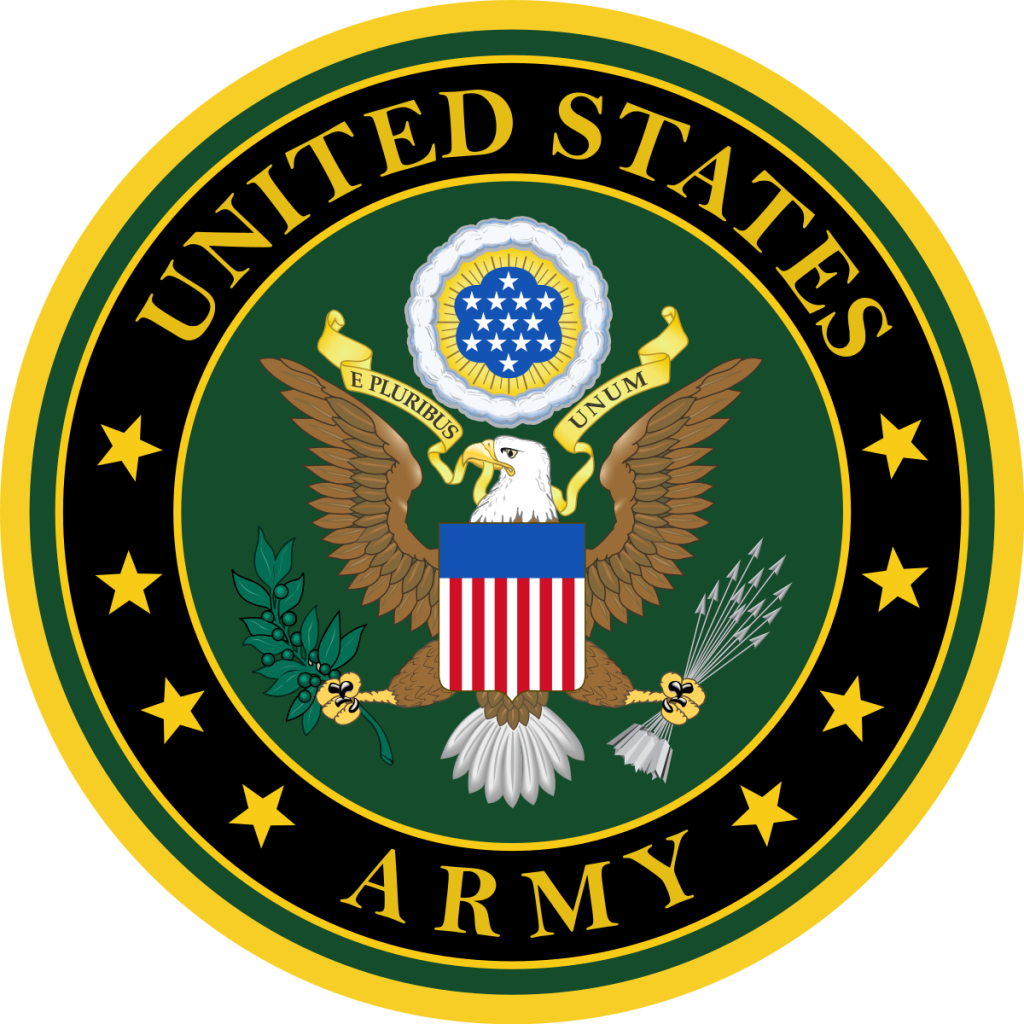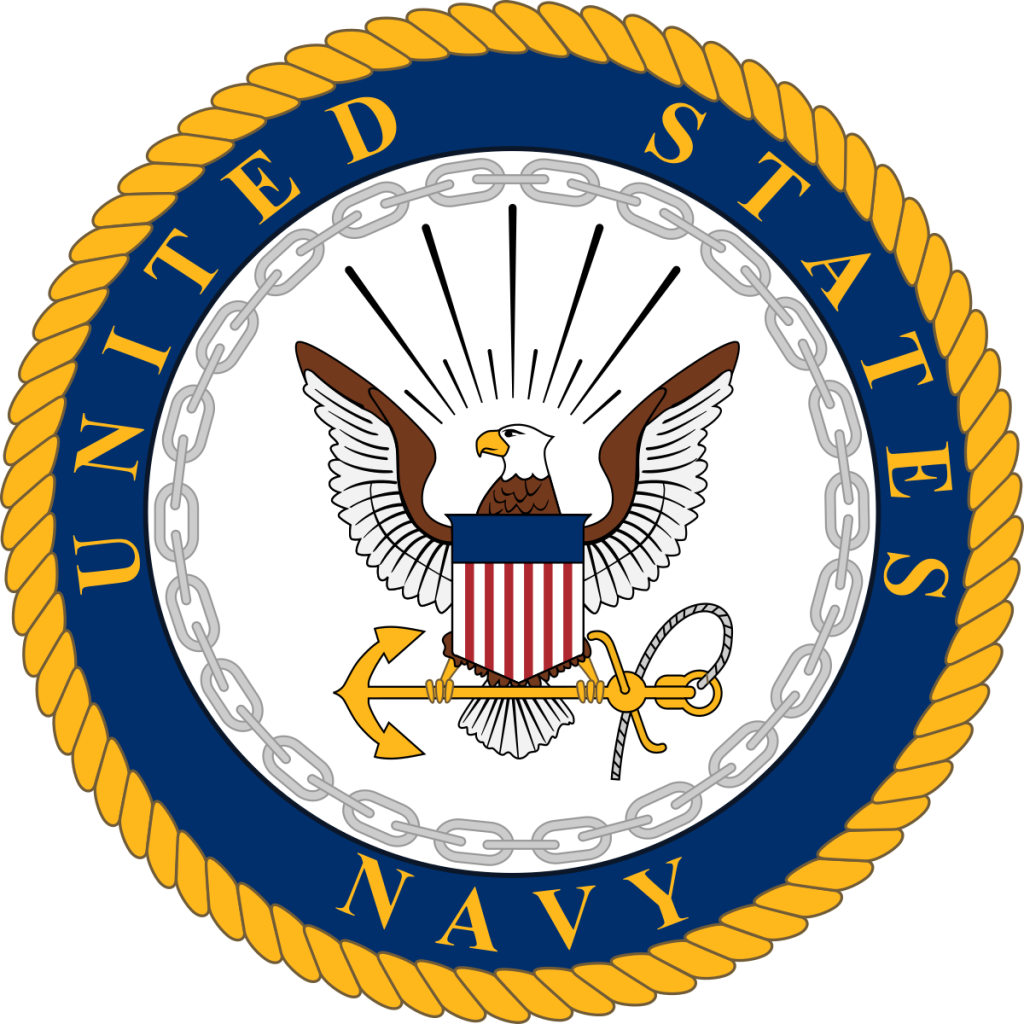Joining the military could be prestigious, but the question arises: what military branch accepts felons? This is important as discipline in the military is something taken very seriously.
Knowing this, the military, however, offers the opportunity for checkered pasts to redeem themselves through service to their country.
But then, you need to know which of the military branches offers this opportunity, as not every arm of the military does.
Join us as we consider military policies and determine which doors may still be open for those with a criminal past.
Let’s get to it already, shall we?
What Military Branch Accepts Felons In 2023?

Before diving into current affairs, let’s understand the historical context of military recruitment for individuals with felony convictions.
The policies regarding felons in the military have evolved over the years, influenced by various factors, including societal perceptions, legal amendments, and the ever-shifting demands of national defense.
Understanding the nuances of military recruitment for individuals with felony convictions requires a closer look at the various branches, each possessing its distinct approach.
1. The United States Army: Pioneers of Second Chances
The United States Army, often seen as a pioneer in offering second chances, has consistently demonstrated a more lenient stance when recruiting individuals with felony convictions and has historically embraced the concept of rehabilitation.
Particularly since 2006, when they introduced felony waivers, the Army has opened its doors to individuals with certain felony waivers.
These waivers, however, are not a blanket approval for all convictions.
These waivers allow applicants with prior convictions to be considered, provided they meet specific criteria.
The Army carefully evaluates each case, considering factors such as the nature of the offence, the time that has passed since the conviction, and the applicant’s demonstrated rehabilitation efforts.
2. The United States Navy and Marines: Stricter Standards

In contrast to the Army, the United States Navy and Marine Corps tend to maintain stricter standards when accepting individuals with felony records.
While they do consider applicants with felony waivers, the nature and severity of the offense play a significant role in their decision-making process. 6
As of today, the Navy and Marines continue to maintain a more conservative stance when it comes to recruiting felons.
3. United States Air Force: An Evolving Outlook

The United States Air Force, too, evaluates applicants with felony records on a case-by-case basis.
While it might not have been as welcoming historically, recent years have witnessed a more accommodating approach from the Air Force, acknowledging that a past mistake does not necessarily define an individual’s potential for future contributions.
The Air Force recognizes the importance of character and rehabilitation, which may provide opportunities for those committed to personal growth.
Also see: Does Speedway Hire Felons?
The Role of Rehabilitation and Character
One consistent theme across all branches is the importance of rehabilitation and character assessment.
In today’s military, proving that you have undergone a positive transformation is paramount.
This can be achieved through participation in educational programs, community service, and other constructive activities.
Letters of recommendation from individuals who can vouch for your character can also carry significant weight.
Proving Transformation and Dedication
Military branches emphasize the importance of showcasing personal growth and change.
Applicants with a criminal history are encouraged to participate in rehabilitative programs, community service, and other constructive activities that attest to their commitment to transformation.
Letters of recommendation from mentors and character references also play a significant role.
Opportunities in Specialized Roles
While not all roles in the military may be accessible to individuals with felony records, specialized fields present unique opportunities.
Professions like cybersecurity, linguistics, and healthcare require specific skills and knowledge that some applicants with prior convictions might possess.
The military recognizes the potential for these individuals to excel in these areas.
Which Felonies Disqualify You From Joining the Military?
While not all felonies are considered equal in the eyes of military recruiters, certain offenses typically result in disqualification.
These often include, but are not limited to:
1. Violent Felonies
Felony convictions for crimes of violence, such as murder, manslaughter, sexual assault, and aggravated assault, are typically viewed as disqualifying.
The military prioritizes safety and cohesion, and individuals convicted of violent crimes may threaten unit discipline and security.
2. Drug-Related Felonies
Convictions for drug-related felonies, particularly those involving the distribution or trafficking of controlled substances, are common grounds for disqualification.
The armed forces have a zero-tolerance policy for drug offenses, as they undermine the culture of discipline and readiness.
3. Property Crimes
Property-related felonies, like arson, burglary, or grand theft, may disqualify individuals from military service.
These offenses may raise concerns about an individual’s trustworthiness and adherence to military ethics.
4. Repeat Offenders
Individuals with a history of multiple felony convictions, regardless of the nature of the crimes, often face disqualification.
The military seeks candidates who can meet the highest standards of conduct and integrity.
How to Join the Military?

Joining the military is a life-altering decision that offers unique opportunities for personal growth, a sense of purpose, and service to one’s country.
However, the path to military service is not simple; it requires dedication, preparation, and a commitment to uphold the values of discipline and honor.
Here is a comprehensive guide on how to join the military.
1. Research and Self-Assessment
Before you embark on the path to military service, research the various branches – the Army, Navy, Marine Corps, Air Force, and Coast Guard.
Each has its own culture, mission, and requirements.
Consider what branch aligns best with your personal and career goals, and evaluate how your skills and interests fit within the military landscape.
2. Contact a Recruiter
Reach out to a military recruiter from your chosen branch.
Recruiters are the first point of contact and can provide invaluable information about the application process, eligibility requirements, and available career opportunities.
They will guide you through the steps specific to your chosen branch.
3. Meet Eligibility Requirements
Military service has specific eligibility criteria, including age, citizenship status, education, and physical fitness standards.
You’ll need to meet these requirements to qualify for military service.
Additionally, the military conducts a thorough background check, so honesty and transparency about your criminal history, if any, are essential.
4. Take the ASVAB
The Armed Services Vocational Aptitude Battery (ASVAB) is a standardized test that assesses your abilities and helps determine which military occupations you are best suited for.
Your ASVAB scores play a critical role in identifying your potential career options within the military.
5. Choose Your Military Occupational Specialty (MOS)
Based on your ASVAB scores and personal preferences, you will work with your recruiter to select your Military Occupational Specialty (MOS).
This choice will shape your future career and determine the training you receive.
6. Complete Basic Training
Basic training, often called boot camp, is an intensive physical and mental training that introduces you to military life.
You will learn discipline, teamwork, and the core values of your chosen branch.
Completing basic training is a significant milestone on your journey to becoming a service member.
7. Graduation and Advanced Training
After completing basic training, you will advance to more specialized training, which varies based on your chosen MOS.
This training will provide you with the knowledge and skills required for your specific role within the military.
Also see: Does Walmart Hire Felons?
8. Swear the Oath
Before becoming a service member, you will swear an oath of enlistment, pledging your commitment to uphold the Constitution and defend your nation.
This moment marks your transition from a civilian to a military member.
Conclusion
We’ve uncovered a complex and evolving landscape in the quest to understand which military branch accepts felons.
The armed forces, steadfast in their commitment to discipline and honor, also recognize the potential for redemption and transformation within those who’ve faced past legal challenges.
Whether it’s the pioneering spirit of the United States Army, the stricter standards of the Navy and Marine Corps, or the evolving perspective of the Air Force, the military’s approach to felons in its ranks mirrors a broader societal conversation about second chances.
The journey continues, offering a unique chance for redemption within the noble ranks of the military.
Good luck!

